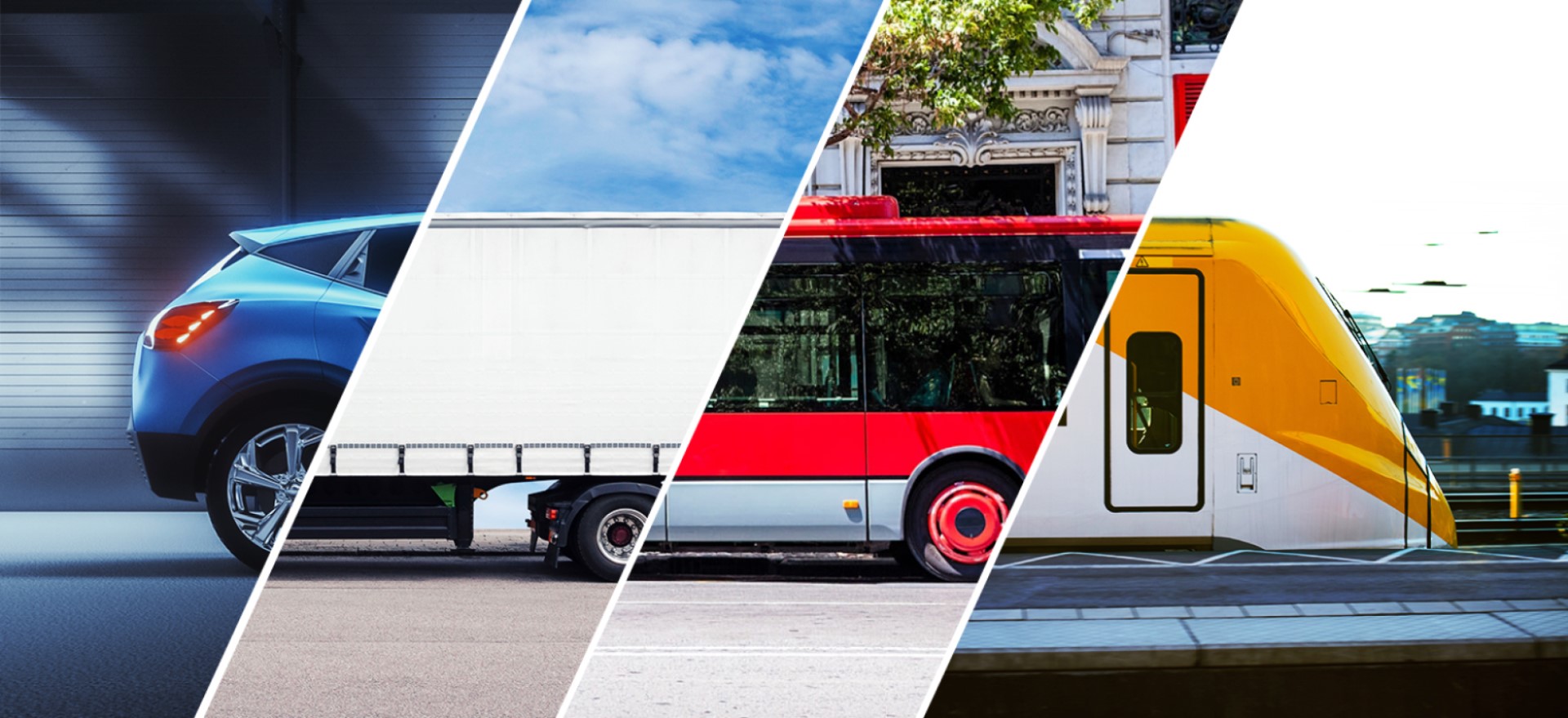Transportation plays a pivotal role in our daily lives, connecting people, goods, and ideas across the globe. However, the environmental impact of traditional transportation systems has become a growing concern. In this blog post, we will explore how transportation can contribute to sustainability and discuss innovative solutions that are reshaping the industry.
- Shifting to Sustainable Fuels:
One of the most significant ways transportation can contribute to sustainability is by transitioning from fossil fuels to sustainable alternatives. Electric vehicles (EVs) have gained popularity due to their zero-emission nature, reducing air pollution and greenhouse gas emissions. Moreover, advancements in hydrogen fuel cell technology offer a promising avenue for long-haul transportation, as they only emit water vapor. - Embracing Smart Infrastructure:
Integrating smart technology into transportation infrastructure can optimize efficiency and reduce environmental impact. Intelligent traffic management systems can minimize congestion, leading to reduced fuel consumption and emissions. Additionally, smart grids and charging stations for EVs enable better energy management and promote the use of renewable energy sources. - Promoting Public Transportation:
Encouraging the use of public transportation is vital for sustainable urban development. Efficient and well-connected public transit systems can reduce the number of private vehicles on the road, alleviating traffic congestion and lowering emissions. Investing in high-speed rail networks and improving accessibility to public transportation options can significantly contribute to sustainability. - Implementing Sustainable Logistics:
Efficient logistics and supply chain management are crucial for sustainable transportation. Optimizing routes, utilizing intermodal transportation, and adopting green packaging practices can minimize energy consumption and reduce carbon footprint. Additionally, implementing reverse logistics strategies, such as recycling and reusing materials, can further enhance sustainability efforts. - Leveraging Emerging Technologies:
The integration of emerging technologies, such as autonomous vehicles and drones, holds immense potential for sustainable transportation. Autonomous vehicles can optimize fuel efficiency, reduce traffic congestion, and enhance safety. Drones, on the other hand, can revolutionize last-mile delivery, reducing the need for traditional delivery vehicles and decreasing emissions.
Conclusion:
Transportation has the power to shape a sustainable future by embracing innovative solutions and practices. From transitioning to sustainable fuels and embracing smart infrastructure to promoting public transportation and implementing sustainable logistics, the industry is undergoing a transformative shift. By leveraging emerging technologies, we can pave the way for a greener, more efficient, and sustainable transportation system that benefits both the environment and society as a whole.



